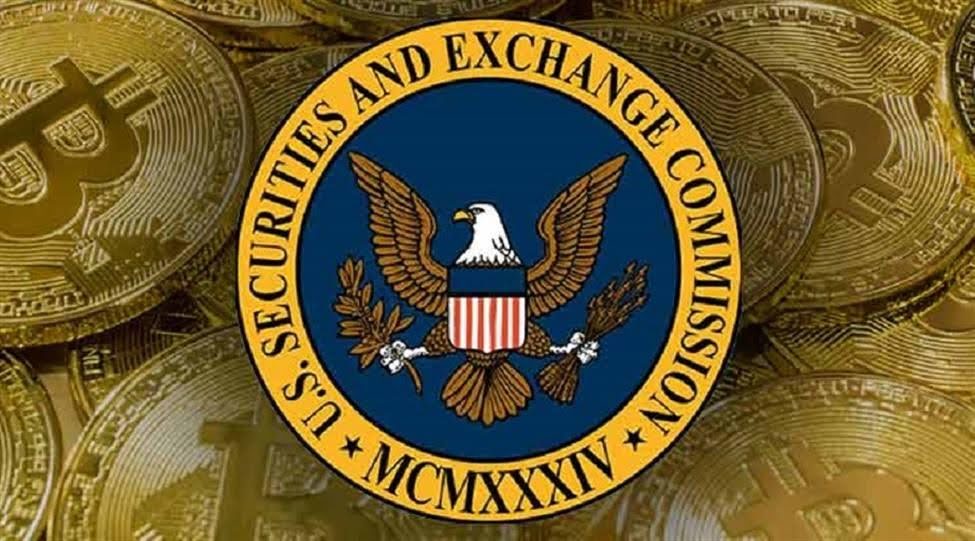Key Takeaways:
SEC costs Unicoin and executives over $110M in allegedly fraudulent crypto choices.Over 5,000 buyers have been misled with claims of asset-backed tokens and SEC registration.Unicoin’s aggressive advertising and marketing marketing campaign painted an phantasm of security and scale.
The U.S. Securities and Change Fee (SEC) has taken decisive motion in opposition to Unicoin, a New York-based crypto agency, and its management. Accused of orchestrating a sweeping $110 million fraud, Unicoin allegedly deceived hundreds of buyers via false guarantees about asset backing and token legitimacy.

Learn Extra: Hacker Jailed for Triggering $3,000 Bitcoin Swing in SEC X Account Breach
SEC Information Prices In opposition to Unicoin and Executives
The SEC filed a grievance within the U.S. District Court docket for the Southern District of New York on Could 20, 2025, naming Unicoin, Inc. and three of its high executives—CEO Alex Konanykhin, board member Silvina Moschini, and former CIO Alex Dominguez—for violations of federal securities legal guidelines. The agency’s normal counsel, Richard Devlin, was additionally implicated for deceptive disclosures in personal placement paperwork.
The case facilities on the advertising and marketing and sale of “rights certificates”—paperwork that supposedly assured buyers future Unicoin tokens, claimed to be backed by a diversified portfolio of worldwide actual property and pre-IPO fairness.
However in line with the SEC, these property barely existed.
Deceptive Claims: The Coronary heart of the Fraud
Unicoin allegedly pushed a story that its tokens have been:
“Asset-backed” by billions of {dollars} in actual property and pre-IPO fairness“SEC-registered” or in any other case U.S. authorities approvedPart of a $3 billion elevate—when in actuality, solely $110 million was raised
The SEC states that these assertions have been designed to create a way of legitimacy and safety, which inspired over 5,000 retail buyers to purchase in.
“The actual property holdings Unicoin promoted have been value solely a fraction of what was marketed,” mentioned Mark Cave, Affiliate Director of the SEC’s Division of Enforcement. “This case is about belief abused at scale.”


Excessive-Affect Advertising and marketing Fueled Investor Frenzy
Unicoin’s promotional blitz spanned airports, hundreds of New York Metropolis taxis, TV broadcasts, and social media platforms. These campaigns labeled the funding because the “subsequent technology of crypto,” enjoying on public urge for food for digital property that appeared each modern and low-risk.
Regardless of not registering its choices, Unicoin positioned the certificates and tokens as totally compliant with U.S. laws. The SEC alleges that CEO Konanykhin personally bought over 37.9 million rights certificates to buyers who have been particularly prohibited from collaborating beneath current exemptions.
Authorized Fallout and Trade Repercussions
If the court docket guidelines within the SEC’s favor, Unicoin and its executives might face everlasting injunctions, director bans, and hefty monetary penalties. The company can be attempting to get again the cash that was supposedly made via the pretend offers.


It’s attention-grabbing that normal counsel Richard Devlin agreed to a settlement of $37,500 with out saying he did something unlawful or not. This motion reveals how severe the matter is and the way onerous the SEC is working to ensure persons are held accountable.
The principles about cryptocurrencies within the US are altering proper now, which is why this case is occurring. The Securities and Change Fee’s pursuit of Unicoin sends a transparent message: they won’t put up with pretend presents, particularly those who goal common buyers. Even whereas some enforcement proceedings, like these in opposition to Coinbase and Ripple, have been disdmissed, that is nonetheless true.
Learn Extra: SEC Places Grayscale Litecoin ETF on Maintain: Key Choice Now Pushed to Late 2025
SEC Reasserts Management Amid Market Uncertainty
Whereas the broader crypto market stays in a regulatory grey zone, this case alerts that sure traces—like misrepresenting asset backing or falsely implying SEC approval—will set off aggressive enforcement.
For buyers and tasks alike, the Unicoin case serves as a stark reminder: advertising and marketing hype can not override authorized obligations. And in an business nonetheless combating for credibility, the results of deception are rising extra extreme.








